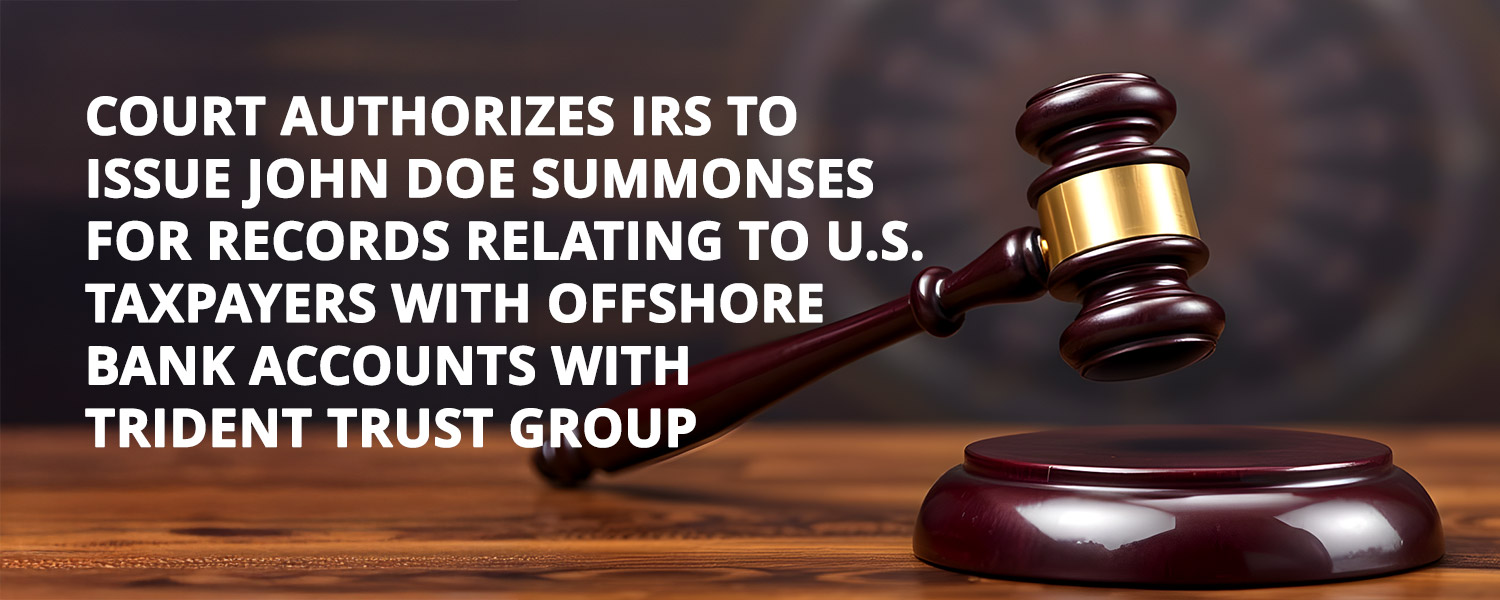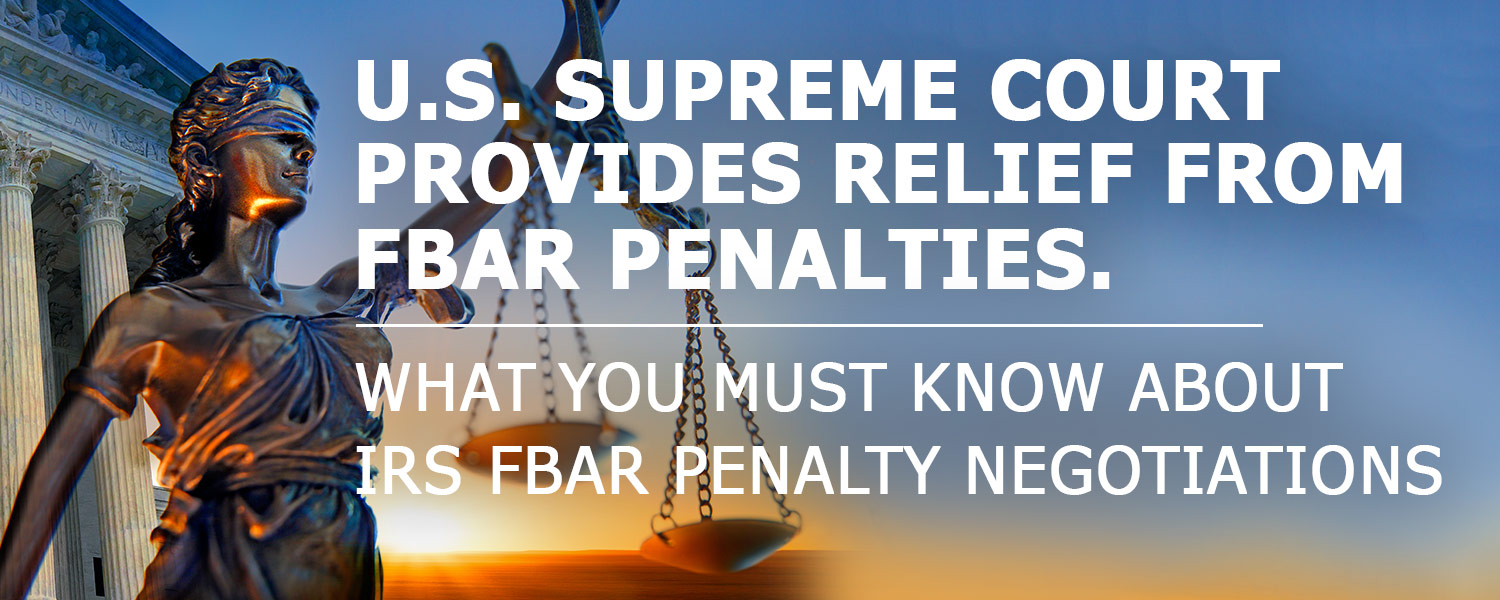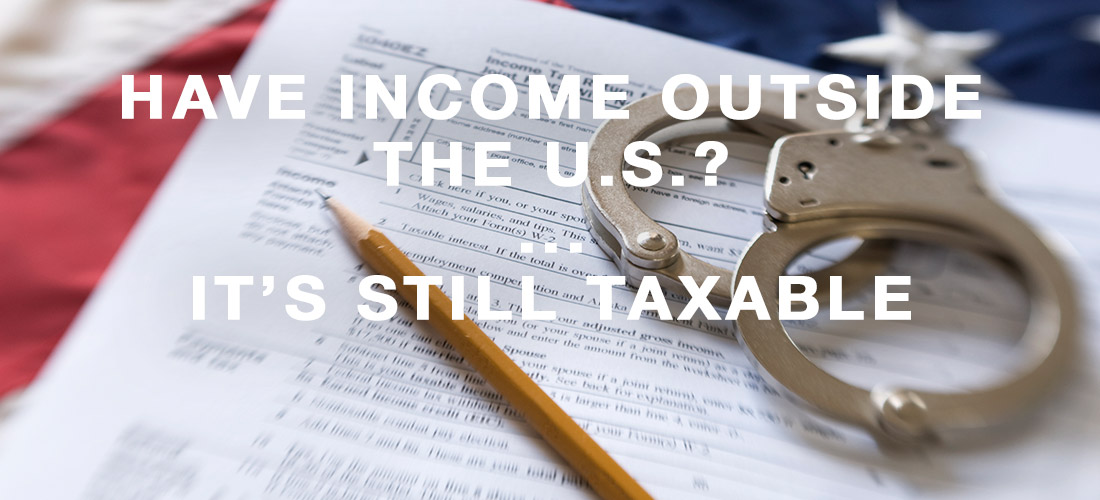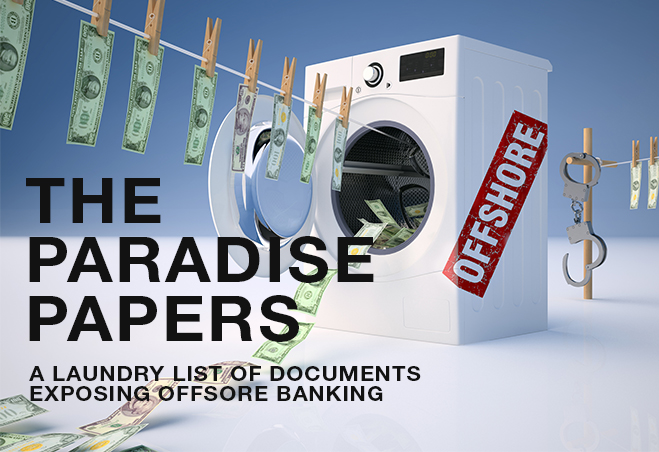Florida Woman Pleads Guilty to Conspiring with Family to Hide from the IRS More than $90M In Offshore Bank Accounts
As reported by the Department Of Justice (“DOJ”) in a press release issued March 10, 2025, Gilda Rosenberg, of Golden Beach, Florida pleaded guilty to conspiring to defraud the United States by, among other things, concealing tens of millions of dollars in undeclared foreign financial accounts, filing false tax returns, and evading taxes.
The DOJ stated that according to court documents and statements made in court, between 2010 and 2022, Rosenberg conspired with two family members to conceal from the IRS more than $90 million in assets and income held in undeclared bank accounts in Andorra, Israel, Panama and Switzerland.
Rosenberg’s family had maintained offshore accounts since the 1970s. By the late 1990s, Rosenberg — who was identified as an owner and an authorized signer on some of the accounts — knew that she and her family members had not disclosed their ownership of these foreign financial accounts to the U.S. government and that they had not paid any taxes on the income earned from the assets in those accounts as was required by law.
Starting in the early 2000s, the family consolidated their assets at accounts with Credit Suisse in Switzerland and the United Kingdom. Family members told Credit Suisse employees that they were U.S. persons and seeking to hide their assets from U.S. authorities. The assets remained at Credit Suisse until 2013, when Credit Suisse closed the accounts because the family members were U.S. persons.
When Credit Suisse closed their accounts, the family moved their assets, which were typically titled in the names of nominee entities, to new accounts located at Bank Leumi in Israel, Union Bancaire Privée (UBP) and PKB Privat Bank SA in Switzerland, and an Andorran bank. Rosenberg was documented as the beneficial owner of accounts at UBP and the Andorran bank. She also signed false account opening documents that claimed she was a Colombian resident and not a U.S. citizen.
Rosenberg, as well as her relatives, did not file Reports of Foreign Bank and Financial Accounts (FBAR’s) disclosing their foreign financial accounts, as they were required to do. In addition, Rosenberg and her relatives continued to file false tax returns that omitted income generated by their offshore assets.
In or about 2017, as part of a scheme to continue to evade their U.S. tax and reporting obligations, Rosenberg and the family members divided the family’s assets and signed documents to make it appear that Rosenberg and a relative gifted the offshore assets to another relative after he had renounced his U.S. citizenship. Rosenberg and her relatives then tried to covertly transfer assets to Rosenberg in the United States and to conceal their ongoing and historical tax evasion. To do so, Rosenberg and her relatives, among other things, created fake loan and investment documents to make it appear that transfers to and from Rosenberg were loans and business investments.
From 2010 through 2017, Rosenberg filed false tax returns that did not report income she earned from assets in the account she concealed at UBP. For the 2009 through 2017 tax years, unreported income belonging to Rosenberg and two of her co-conspirators totaled more than $5.5 million, causing a tax loss of $1,927,342.
Rosenberg is scheduled to be sentenced on May 30, 2025. She faces a maximum penalty of five years in prison as well as a period of supervised release, restitution and monetary penalties. A federal district court judge will determine any sentence after considering the U.S. Sentencing Guidelines and other statutory factors.
The FBAR Penalty
The Bank Secrecy Act (BSA) requires that a Form FinCEN 114 (formerly Form TDF 90-22.1), Report of Foreign Bank and Financial Accounts (FBAR), be filed if the aggregate balances of such foreign accounts exceed $10,000 at any time during the year. This form is used as part of the IRS’s enforcement initiative against abusive offshore transactions and attempts by U.S. persons to avoid taxes by hiding money offshore.
The penalties for FBAR noncompliance are stiffer than the civil tax penalties ordinarily imposed for delinquent taxes. A taxpayer who non-willfully fails to timely file an FBAR can be assessed a penalty of at least $10,000.00 per year of non-compliance. The IRS has taken the position that this non-willful penalty is assessed on an account-by-account basis. For example, a person whose failure to file an FBAR form is non-willful and has three accounts totaling $50,000 could potentially be assessed the maximum $10,000 penalty for each account, for a total of $30,000 per year, while a person with one account with a balance of $300,000 would pay only one $10,000 penalty per year. Additionally, like Rosenberg, a noncompliant taxpayer can be looking at criminal prosecution.
What You Must Know About IRS FBAR Penalty Negotiations
- The penalties for noncompliance in FBAR enforcement are staggering.
FBAR penalties can be unfair as the penalties are based on the account size and not on how much tax you avoided. This is a stark contrast to other IRS penalties which are based on how much additional tax is owed. Given this difference you will always have a bigger risk and more to lose when dealing with FBAR penalties.
- The two types of FBAR penalties.
The “get off gently FBAR penalty” – If the IRS feels that you made an innocent mistake and “not willfully” ignored to file your FBAR, your “get off gently penalty” will be $10,000 per overseas account per year not reported. To illustrate, if you have five foreign accounts that you failed to report on your FBAR in each of five years, the IRS can penalize you $50,000 per form (as supported by the Bittner and Kaufman cases) or $250,000 if imposed by account regardless of whether you even have that amount sitting in your foreign accounts.
The “disastrous FBAR penalty” – If the IRS can show that you “intentionally” avoided filing your FBAR’s, your minimum “disastrous FBAR penalty” will be 50% of your account value. Additionally, the IRS may also press for criminal charges and if convicted of a willful violation, this can also lead to jail time. The “disastrous FBAR penalty” can also be assessed multiple times thus wiping out your entire savings.
Under both willful and non-willful penalties “the violation flows from the failure to file a timely and accurate FBAR.
- The taxpayer’s burden of proving “reasonable cause”
You are obligated to pay the penalty the IRS deems necessary. The IRS can assume the “disastrous FBAR penalty” and they are not required to prove willfulness. It will be the taxpayer that bears the heavy burden of proving that the taxpayer’s failure to comply was due to reasonable cause and not from “willful neglect.”
- Your appeal option.
Having exhausted all administrative remedies within the IRS first, you can then appeal the proposed FBAR penalties to a Federal District Court but for that court to have jurisdiction you must pay the assessments in full and then sue the IRS in a district court for refund. Since coming up with the money may be impossible for most taxpayers, consider hiring an experienced tax attorney to make the most of the IRS appeals process and perhaps avoid the need for litigation. Keep in mind that in the appeals process, you do not have to pay any FBAR penalty until the end. Second, you can be successful if IRS remedies itself thus making court filings unnecessary. And third, even if the administrative remedies do not yield you success, your tax attorney can attempt to negotiate with the IRS to lower your FBAR penalties without going for a trial.
- The Voluntary Disclosure Route.
The streamlined filing compliance procedures are available to taxpayers certifying that their failure to report foreign financial assets and pay all tax due in respect of those assets did not result from willful conduct on their part. The streamlined procedures are designed to provide to taxpayers in such situations (1) a streamlined procedure for filing amended or delinquent returns and (2) terms for resolving their tax and penalty obligations.
Taxpayers will be required to certify that the failure to report all income, pay all tax, and submit all required information returns, including FBARs (FinCEN Form 114, previously Form TD F 90-22.1), was due to non-willful conduct.
If the IRS has initiated a civil examination of a taxpayer’s returns for any taxable year, regardless of whether the examination relates to undisclosed foreign financial assets, the taxpayer will not be eligible to use the streamlined procedures. Similarly, a taxpayer under criminal investigation by IRS Criminal Investigation is also ineligible to use the streamlined procedures.
Taxpayers eligible to use the streamlined procedures who have previously filed delinquent or amended returns to address U.S. tax and information reporting obligations with respect to foreign financial assets (so-called “quiet disclosures”) may still use the streamlined procedures.
What Should You Do?
If you have never reported your foreign investments on your U.S. Tax Returns, you should seriously consider making a voluntary disclosure to the IRS. Once the IRS contacts you, you cannot get into this program and would be subject to the maximum penalties (civil and criminal) under the tax law. The tax attorneys at the Law Offices Of Jeffrey B. Kahn, P.C. located in Orange County (Irvine), San Diego County (Carlsbad) and elsewhere in California are highly skilled in handling tax matters and can effectively represent at all levels with the IRS and State Tax Agencies including criminal tax investigations and attempted prosecutions, undisclosed foreign bank accounts and other foreign assets, and unreported foreign income. Also, if you are involved in cannabis, check out what a cannabis tax attorney can do for you. And if you are involved in crypto currency, check out what a bitcoin tax attorney can do for you.











 Follow
Follow Follow
Follow